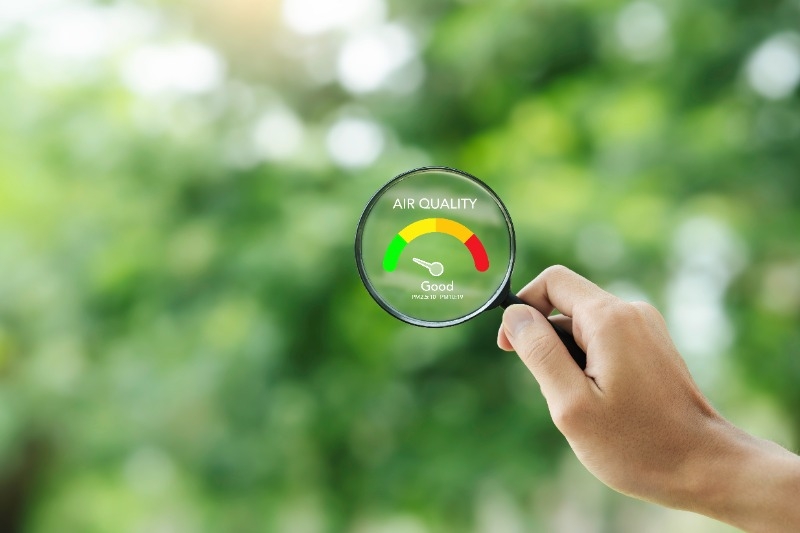Air Quality
Air Quality and Your Health
Air quality plays a significant role in our overall health and well-being. Poor quality, caused by pollutants such as ozone, particulate matter, and volatile organic compounds, can affect the respiratory system, cardiovascular health, and even increase the risk of certain diseases.
Why Air Quality Matters
Breathing in polluted air can have both immediate and long-term effects, especially for vulnerable groups such as children, the elderly, and individuals with pre-exisitng health conditions like asthma or heart disease. Common symptoms of poor air quality exposure include coughing, wheezing, shortness of breath, and fatigue. Long-term exposure can lead to chronic respiratory issues, heart disease, and even cancer.
How We Monitor Air Quality
NNPHD works in partnership with organizations to monitor air quality in our community. Air quality levels are measured using the Air Quality Index (AQI), which rates pollution levels on a scale from 0 to 500. The lower the AQI, the better the air quality. When AQI levels are high, the public is encouraged to take precautions to minimize exposure. NNPHD has a Purple Air Sensor that monitors the air quality in real time. Everyone is encouraged to go look at the AQI using the AirNow Fire and Smoke Map.

What You Can Do
- Check the AQI regularly: Stay informed by checking local air quality reports and forecasts.
- Limit outdoor activities: On days with high AQI levels, try to reduce prolonged outdoor exertion, especially if you have respiratory or heart conditions.
- Create a clean indoor environment: If outdoor air quality is poor, consider staying indoors with the windows closed. Air purifiers and proper ventilation can help reduce indoor pollution.



 Launch the media gallery 1 player - media #1
Launch the media gallery 1 player - media #1